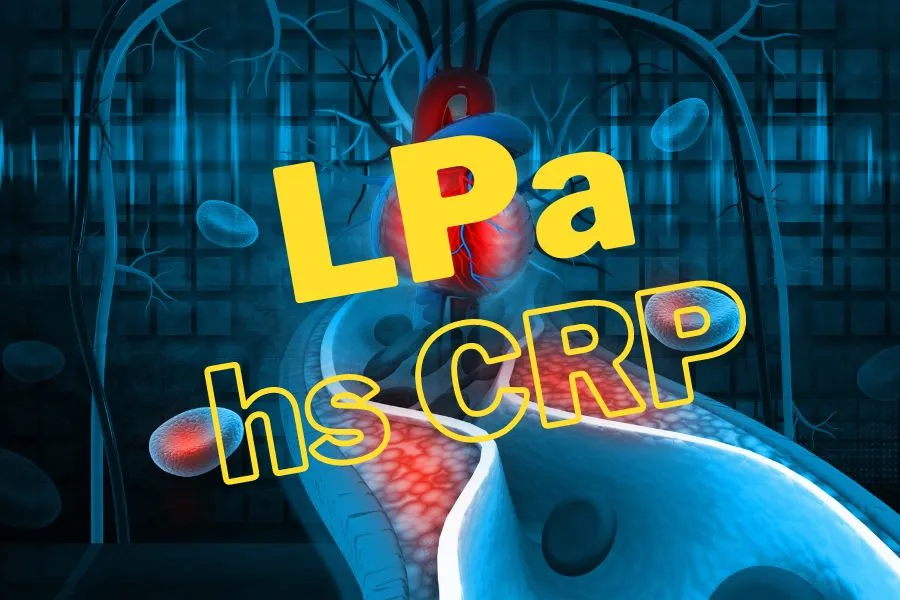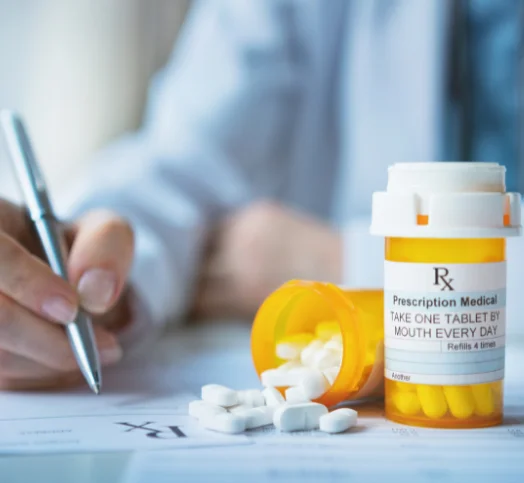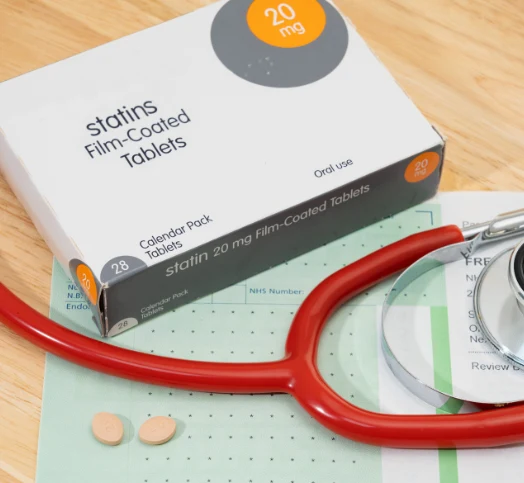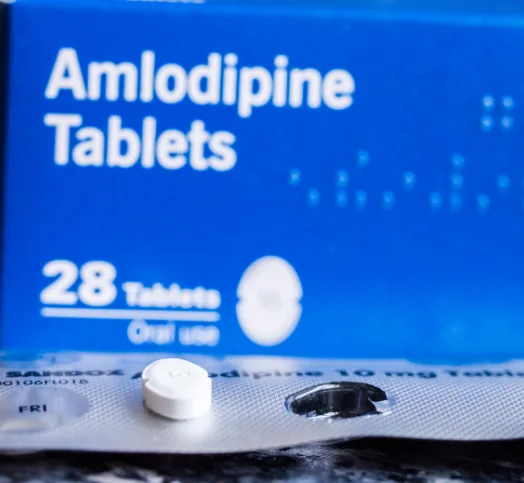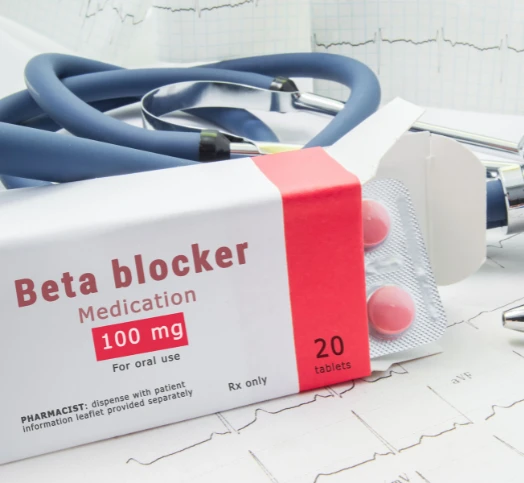Have you ever wondered about the hidden factors behind cardiovascular risk? A recent study published in JAMA Cardiology 2024 has uncovered intriguing connections between lipoprotein(a) (Lp[a]) and high-sensitivity C-reactive protein (hs-CRP), shedding light on how these biomarkers influence heart health. We have previously covered what Lp[a] is, and its impact on cardiovascular health. This can be found by clicking here.
The Study
Researchers delved into data from three diverse cohorts spanning general populations and clinical trials. Their goal? To unravel the relationship between Lp(a) and cardiovascular risk, regardless of inflammation levels indicated by hs-CRP. The link to the paper can be found here.
Study Findings
The findings were significant. Across the board, higher levels of Lp(a) were associated with increased cardiovascular risk, irrespective of hs-CRP levels. This held true whether participants were in the primary prevention phase, without prior cardiovascular disease, or in the secondary prevention phase, with existing cardiometabolic conditions.
Why It Matters
This research challenges previous notions that inflammation might be the key factor driving cardiovascular risk associated with elevated Lp(a) levels. Instead, it suggests that Lp(a) exerts its influence independently, adding a new layer of complexity to our understanding of heart health.
Implications
For individuals concerned about their cardiovascular risk, these findings offer valuable insights. Assessing Lp(a) levels could provide crucial information beyond traditional risk factors like cholesterol and blood pressure. Understanding your Lp(a) status could empower you and your healthcare provider to take proactive steps in managing your heart health.
What’s Next
As we delve deeper into the intricacies of cardiovascular risk, further research will be needed to explore the potential therapeutic implications of these findings. Could targeting Lp(a) levels be a game-changer in cardiovascular prevention and treatment? Only time and continued scientific inquiry will tell.
Final Thoughts
In the dynamic landscape of cardiovascular research, every discovery brings us one step closer to unraveling the mysteries of heart disease. The study’s revelations about Lp(a) and hs-CRP serve as a reminder of the intricate interplay between biological markers and cardiovascular outcomes. By staying informed and proactive about our heart health, we can work towards a future where cardiovascular disease is managed and prevented altogether.
In conclusion, this study invites us to rethink our approach to cardiovascular risk assessment and management, offering new avenues for exploration and potential interventions that could make a real difference in the lives of millions worldwide.
Explore all things Lp(a) with Cardiologist Dr Arul Baradi in our article here.

